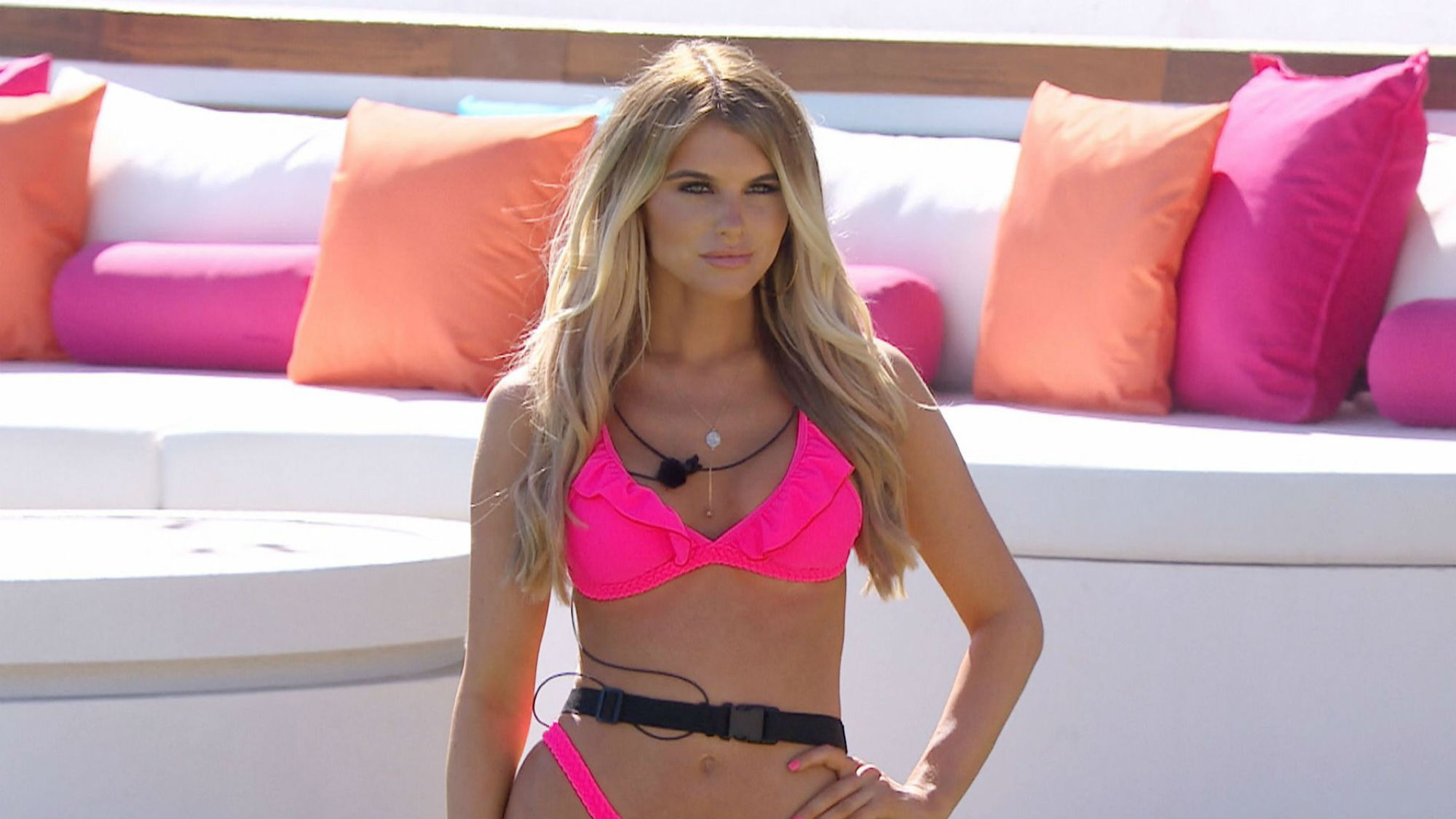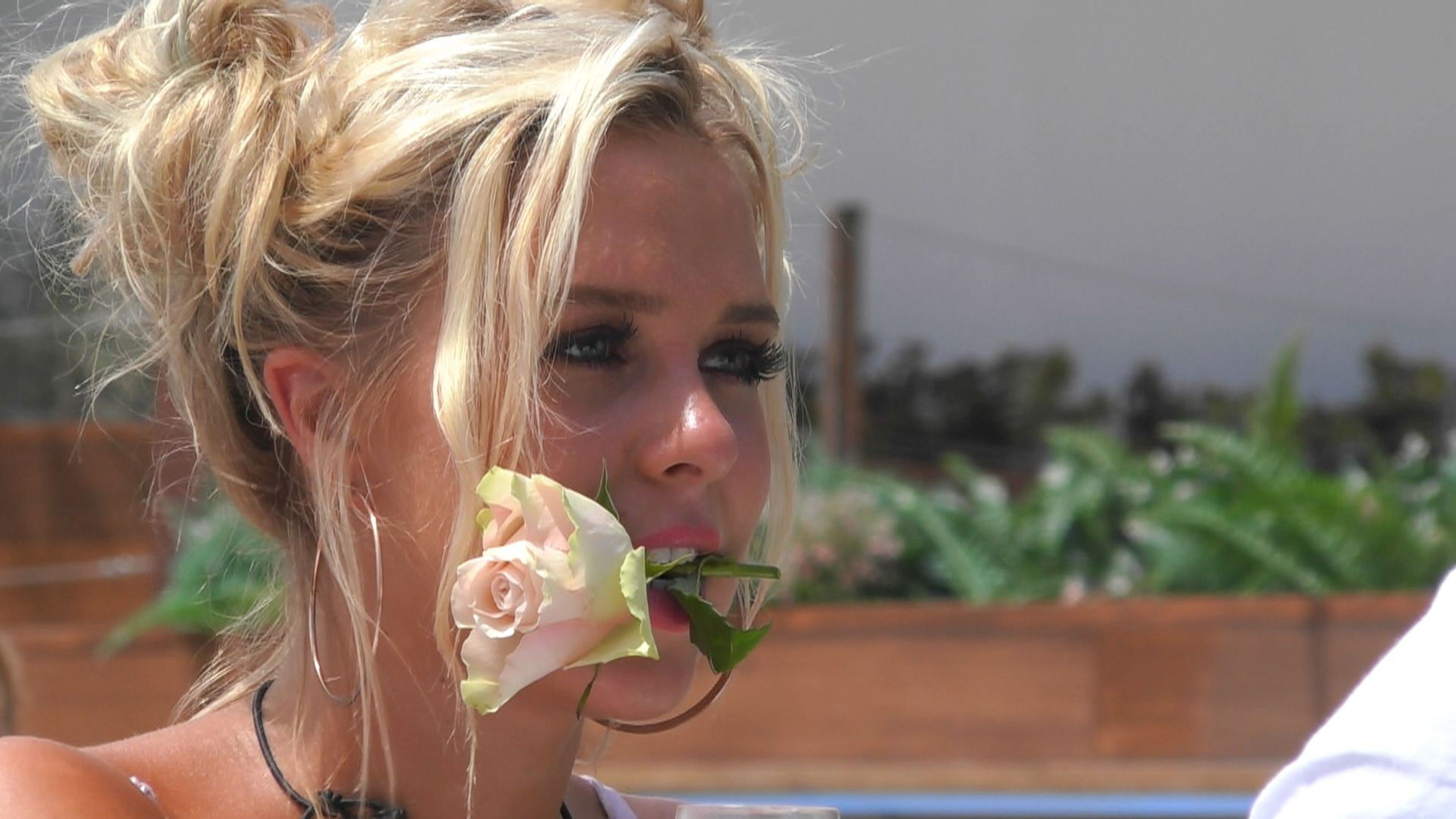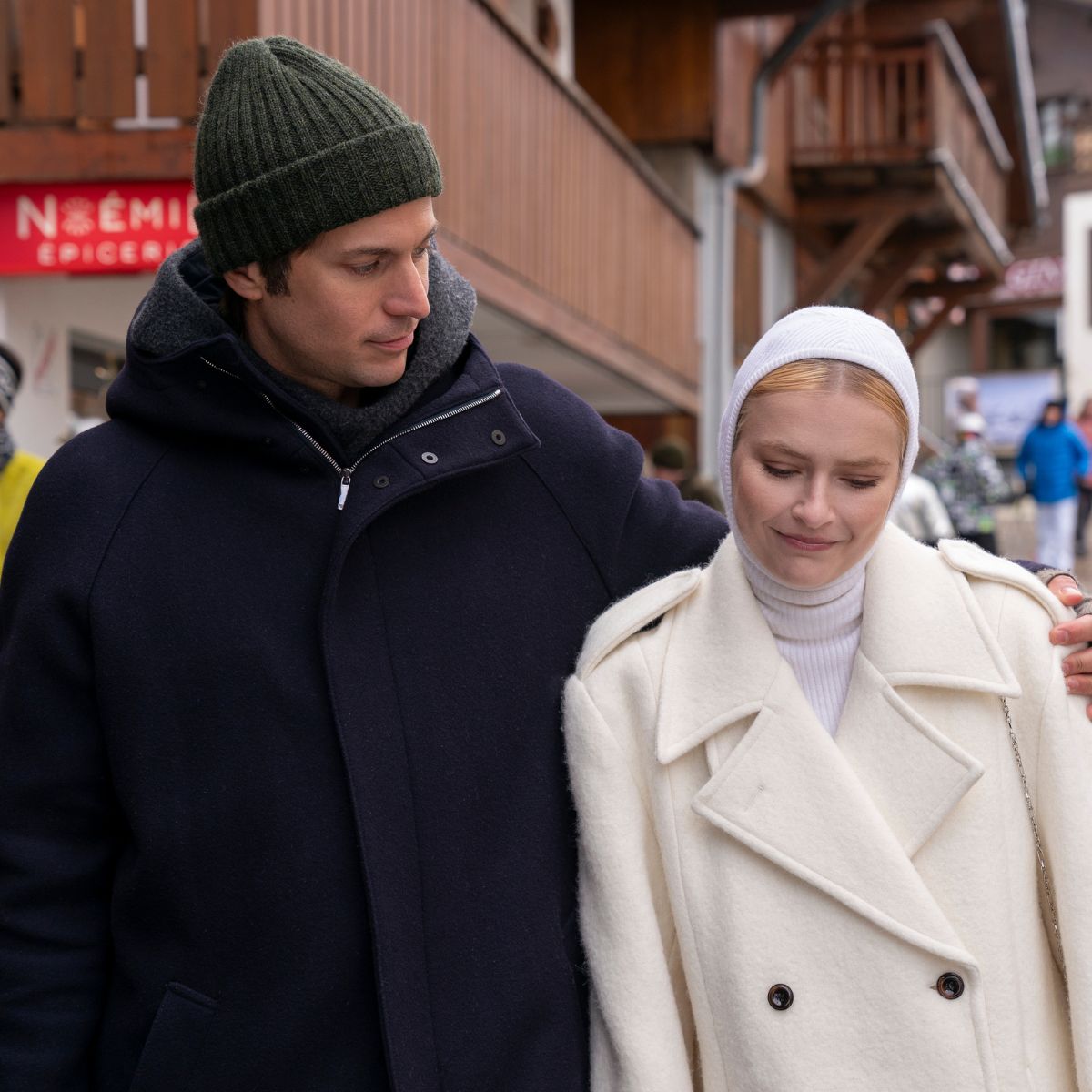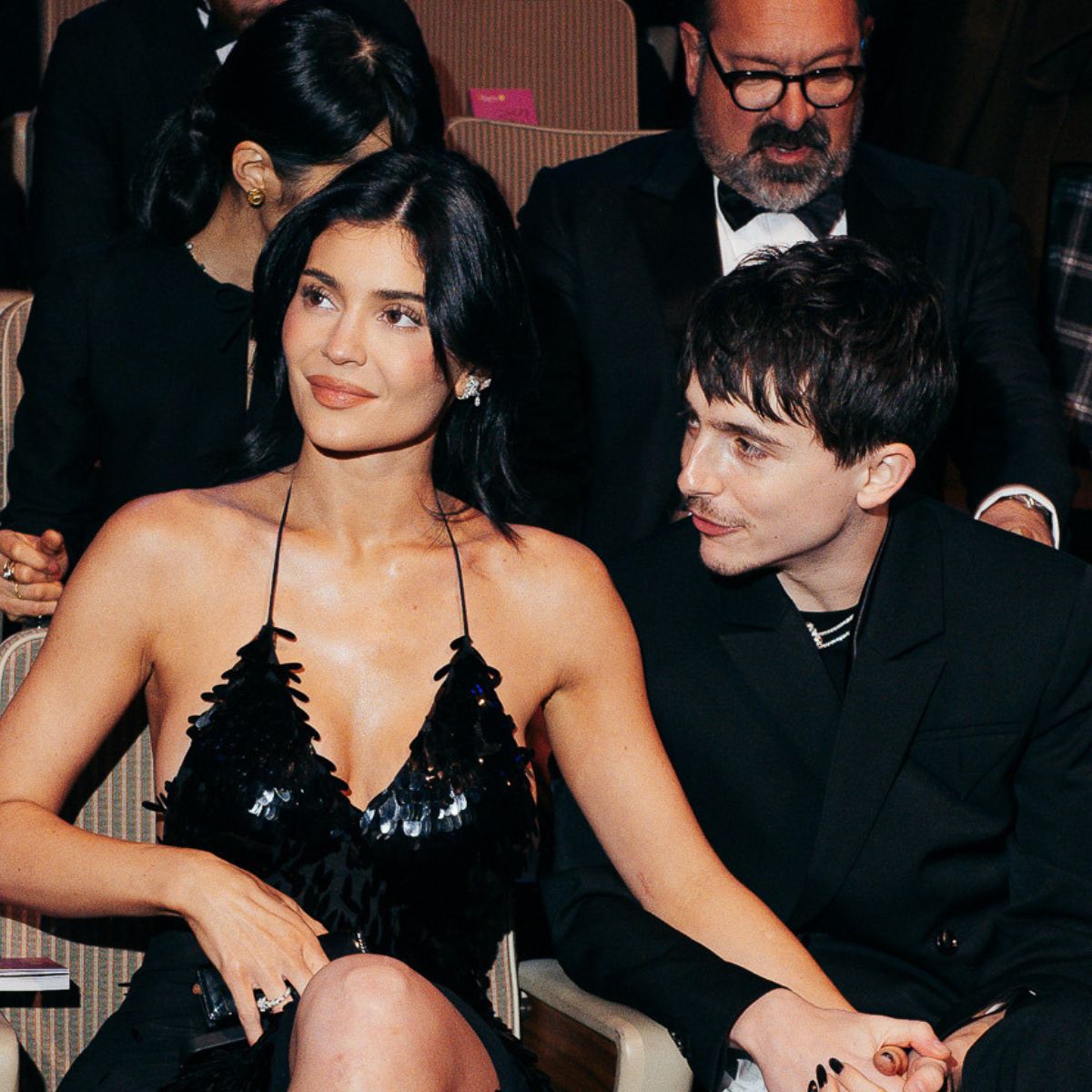Here's what Love Island can teach us about sex
Whatever your opinion of Love Island, a new book proves that it tells us a lot about real-life attraction. So, what does the latest research say about relationships, and does it stand up? Two writers talk to Charlotte Philby about the findings

Whatever your opinion of Love Island, a new book proves that it tells us a lot about real-life attraction. So, what does the latest research say about relationships, and does it stand up? Two writers talk to Charlotte Philby about the findings
With Love Island returning to our screens soon, the nation’s collective consciousness once again turns to the battle – and, ultimately, the hooking up – of the sexes.
If you thought TV’s hottest dating show was little more than low-brow titillation, think again. According to Tom Whipple, author of X And Why: The Naked Truth Behind Gender In The Modern World, the show offers a fascinating sociological window into key evolutionary paradigms.
In his book (which is being tipped as the Men Are From Mars, Women Are From Venus for the Tinder generation), Whipple presents the latest research on all things reproductive. He highlights the differences in gendered behaviour – including how men and women cheat.
Males tend to have affairs with females less attractive than their own partners, while with women it’s the reverse. Then there’s the debunking of myths – as Whipple points out, the law of mathematics means men cannot be more promiscuous than women. It’s most likely that women simply lie more about their sexual proclivities.

‘The truth is, we’re all apes in suits,’ says Whipple. ‘Throw together a bunch of aroused twentysomethings who are contractually obligated to be romantic with each other, as on Love Island, and this fact that we work hard to avoid in every day life is made very plain.’
When, last year, Zara Holland and Alex Bowen had sex on screen, Zara later emerged self-loathing and apologetic (and was unceremoniously stripped of her Miss GB title). Alex, in contrast, remained unbothered, unapologetic and largely absent during the fallout, as if he’d paid little part in the act at all.
Marie Claire Newsletter
Celebrity news, beauty, fashion advice, and fascinating features, delivered straight to your inbox!
‘Ultimately, for women, the stakes are a lot higher as they can get pregnant,’ explains Whipple. ‘For men, the transaction can’t go catastrophically wrong, so they have far less to lose.’
So, what can the latest findings about the sexes teach us about our own relationships? We asked two writers – one male and one female – to reflect on the book’s main themes.
‘Love Island reminds us that attraction comes down to individual personalities not a scientific formula’ says Daisy Buchanan
‘My first one-night stand was with a man, who I think was called Matt. It’s not a memory I revisit often because it makes my cheeks flame. Not due to any lingering sense of shame about the fact I slept with someone I never saw again, but because I behaved like such an idiot. I didn’t fancy him particularly. I didn’t not fancy him, but I slept with him because I thought it would make me seem like a wild woman of the world – the sort of woman who seduced men.
We had sex for hours! Terrible, boring, endless hours, which I punctuated by crying, “Yeah, baby, that feels so good”, because I was too young and stupid to say, “I’m sleepy, can you go home now?” Whipple’s point that men tend to regret the sex they haven’t had, while women regret a lot of the sex they had really hit home.
Although, as mooted in the book, there’s an argument that our differing attitudes stem from our polarised biological imperatives – the male needs to knock up someone, anyone, versus the fussier female, who looks for one good guy who will stick around for nine months, hopefully 18 years – I think the respective behaviour of both sexes is still defined by old-fashioned social values.
Whipple says that while some researchers believe female orgasms are an anomaly, which serve no scientific purpose, he adds that many believe they’re an important part of connecting with our partners. However, I don’t think we do women or men any favours by focusing on the differences between male and female orgasm. I’ve been in situations with men who haven’t been able to climax, and for them, it’s shameful and embarrassing.
In other words, we need to stop presuming sex has a specific purpose. We’re no longer doing it just to reproduce, or to consummate marriage. When it comes to sex, every single person has a slightly different agenda, but I don’t think that it’s as gendered as it once was.
Instead of defining sex for everyone by having an expected outcome, we need to make sure we’re having the sex we want by discussing it with the person we’re having it with. It’s useful to understand how our gender can impact our anxieties around sex, but I think focusing on those feelings can only hold us back.

This is why I adore Love Island, and why I’ll be tuning in this series. The contestants remind us that attraction comes down to individual personalities, not a scientific formula. Their various interactions remind us that sexual chemistry is complex. Our biology might control the way our bodies work, but when it comes to desire, what’s in our minds is what matters.’
‘In the age of #MeToo, men are beginning to think twice before crowing about their sexual conquests’ says Rob Crossan
‘When a female Scandinavian psychology undergrad approached a string of men on the streets of Copenhagen and asked if they fancied no-strings-attached sex, the response was largely unequivocal. The majority of respondents accepted with variations of “hell, yeah” or “yippee”. Those who declined largely did so reluctantly and on the basis that they already had partners.
To the surprise of no one ever, when male psychology students were deployed to ask the same question to women, according to Whipple’s book, not a single woman said “yes”. There really was no need for any of this effort. All the undergrad had to do was ask the average male. I’d have told them what we all know – that even in 2018, we still seem to be a lot hornier than women.
There’s something tragic about the idea of a bachelor watching Love Island on his own. Rather than viewing people on the TV dating, as I approach 40 I’m at the stage where I need to go out and do it.
As a single man, I often think I’d like to learn more about why we are like we are and why we do what we do. Yet, as soon as I start the psychological delving, I realise it’s an unpleasant task.
One big shift I’ve noticed since my teens is that back in my Britpop youth, when lad and ladette culture was rife, everyone, including myself, boasted and lied about their sexual conquests. But in the age of #MeToo, we’re now living in a society where men are beginning to think twice before crowing about them.
Single, promiscuous men are finally getting a taste of the conflicted notions of joy and shame that women have long-endured when it comes to dating apps and casual sex. Post-Weinstein, we seem to be on the cusp of a new era, where it’s no longer acceptable for me to brag about my sexual conquests, however exaggerated they might be.

Whether Whipple meant it to or not, X And Why does provide positive reinforcement for men like me, who continue to meander along the precarious dating nature trail. As he points out, the traditional end game (ie. marriage) isn’t quite the corpse of a concept that it’s often dismissed as. Despite Tinder and our diminishing attention spans, almost 300,000 of the half-million Brits who get married are still going the distance.
This book also provides evidence against the notion that the natural order for men is to be free-wheeling polygamists. And I agree, as I certainly aspire to a time in the not-too-distant future where I can cosy up on the sofa with my partner in front of Love Island and reminisce over our own courting. In the meantime, I’d be better off getting out there and actually meeting people IRL.’
The leading destination for fashion, beauty, shopping and finger-on-the-pulse views on the latest issues. Marie Claire's travel content helps you delight in discovering new destinations around the globe, offering a unique – and sometimes unchartered – travel experience. From new hotel openings to the destinations tipped to take over our travel calendars, this iconic name has it covered.
-
 Style Briefing: Matthieu Blazy's last hurrah at Bottega Veneta
Style Briefing: Matthieu Blazy's last hurrah at Bottega VenetaHow the designer delivered a fresh perspective while also honouring its history of craft and creativity
By Rebecca Jane Hill
-
 The Emily in Paris cast has spoken out as one of its stars officially quits the show
The Emily in Paris cast has spoken out as one of its stars officially quits the showBy Jenny Proudfoot
-
 Timothée Chalamet’s mother has opened up about his relationship with Kylie Jenner
Timothée Chalamet’s mother has opened up about his relationship with Kylie JennerBy Jenny Proudfoot